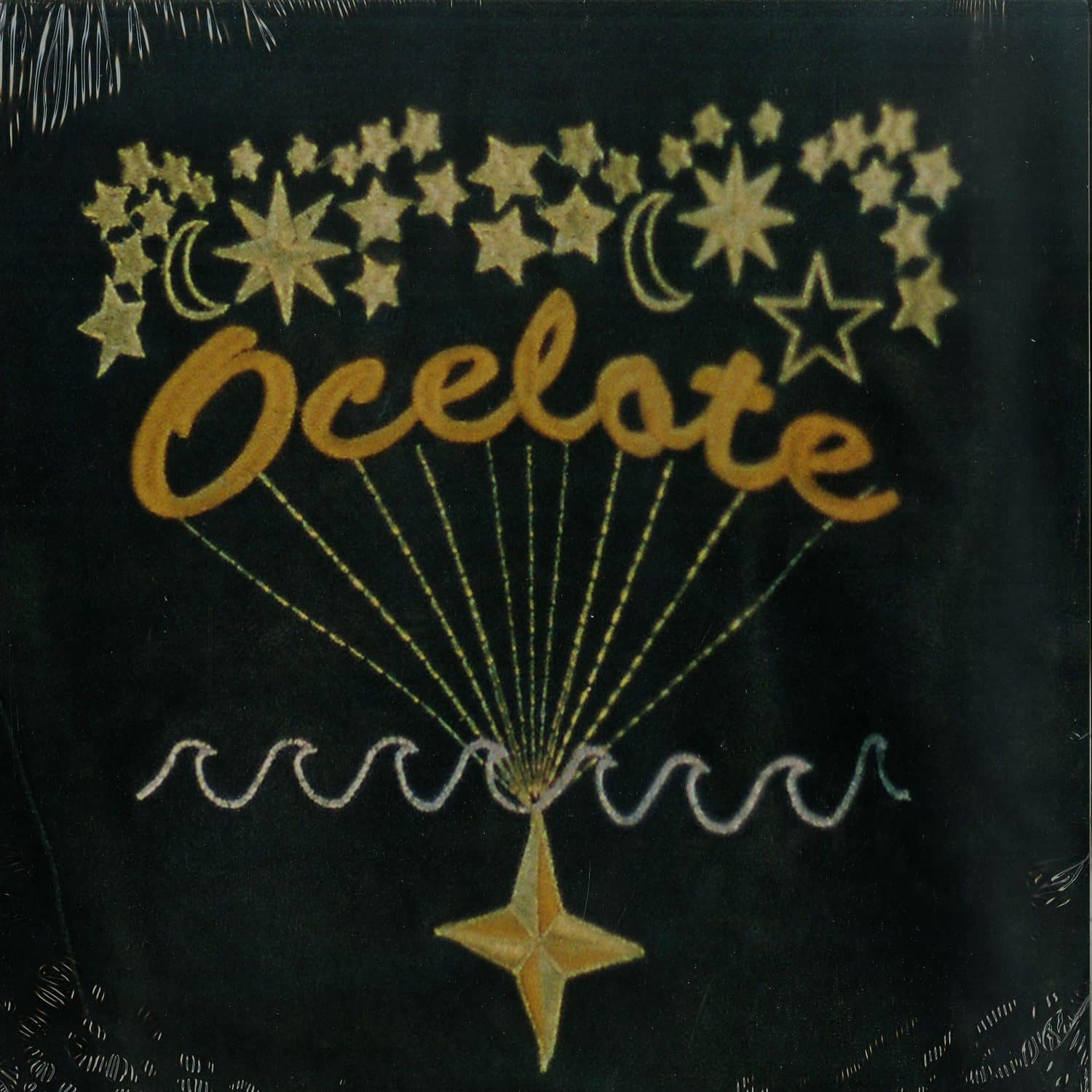Elysia Crampton
ELYSIA CRAMPTON
(LP)
Break World / BWR-013 / BWR013
12 Inch

Elysia Cramptons self-titled album marks her 4th official release. The Amerindian musician draws on various Andean styles such as kullawada, huayño, tarqueada, quirqui / tundique, khantus, & morenada, together with genres like metal, psychedelic, & jazz fusion, to tell a story of her movement in the world - performing her history, both sonically & corporeally, as a means to gain economic access & agency.
With this album, Crampton further situates her work within a long Aymaran musical legacy* that implicates cultures & sites beyond the Andes (following trajectories of dispersion through the literal migration & interaction of bodies & in the circulation of Aymaran concepts, images, music & goods via the world market after the conquest).
Building upon the ancient notion that Aymara culture is something sustained through movement & contact with others (recall the 'S' meander sign in Andean art) rather than soley being defined in stasis, segregation & linear time, Crampton's work retains the sensation of a belongi
ng in spite of it's so-called promiscuity, continually carrying a sense of origin amidst constant motion, which from a Aymara relation to space-time (nayrapacha or 'past' related to the ocular & resides in front) is an origian that also lies ahead, not only behind.
*This legacy extends well before 900 B.C., but one should note that it was particularly during the mid twentieth century (60s & 70s) that Aymara musicians began building the agency to travel the world themselves (their culture or "cosmovision" had already reached Europe through the expansion of the Spanish market as early as the mid-sixteenth century, informing the European imaginary before the French Revolution), performing their identities through music & dress for audiences in countries like Japan, France, & The United States. It was this movement that would shape not only the national identities of countries like Peru & Bolivia, but would also become the definitive sound of so-called world music today (while shaping other globalized genres like "new age").[info from label]